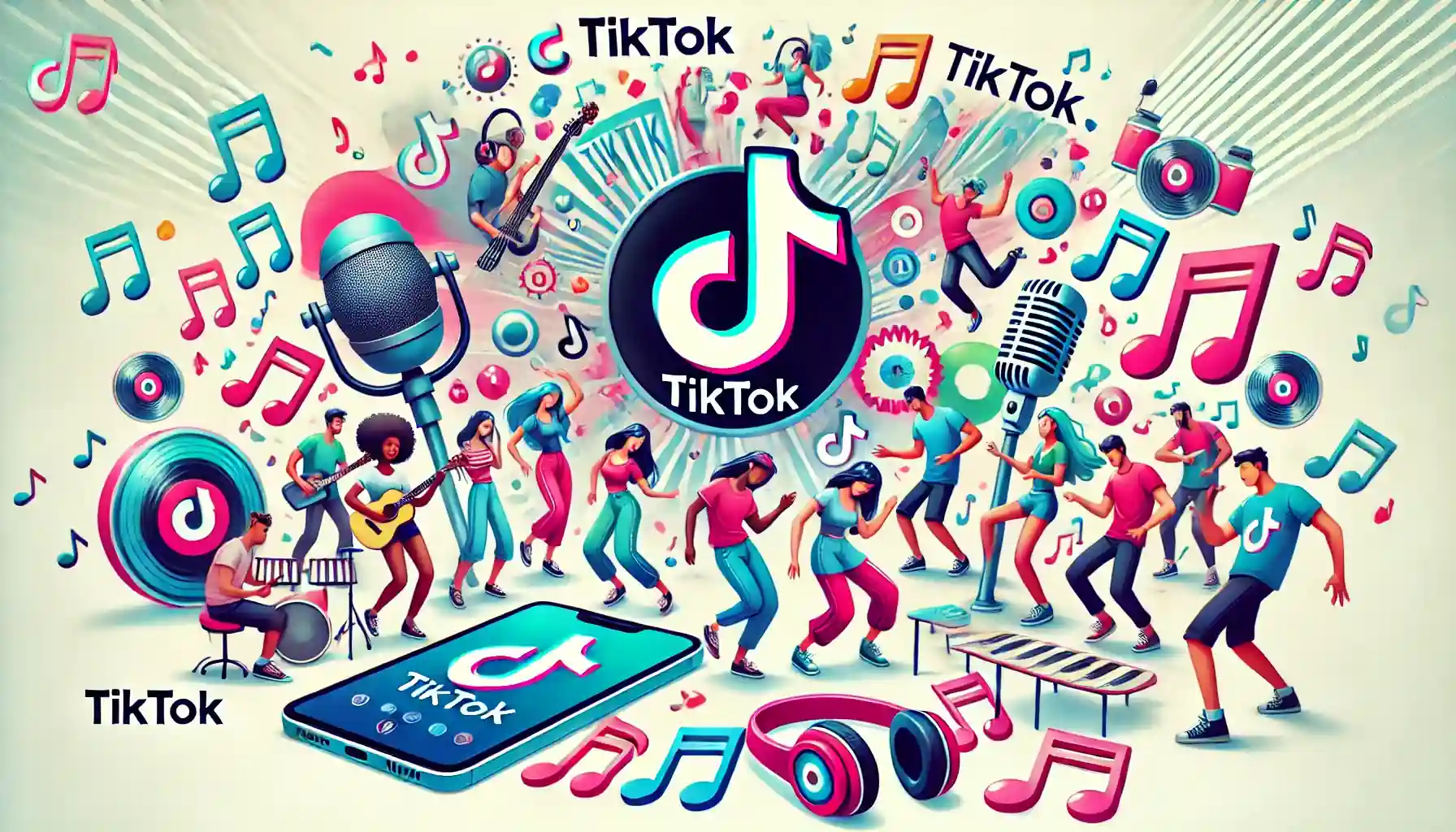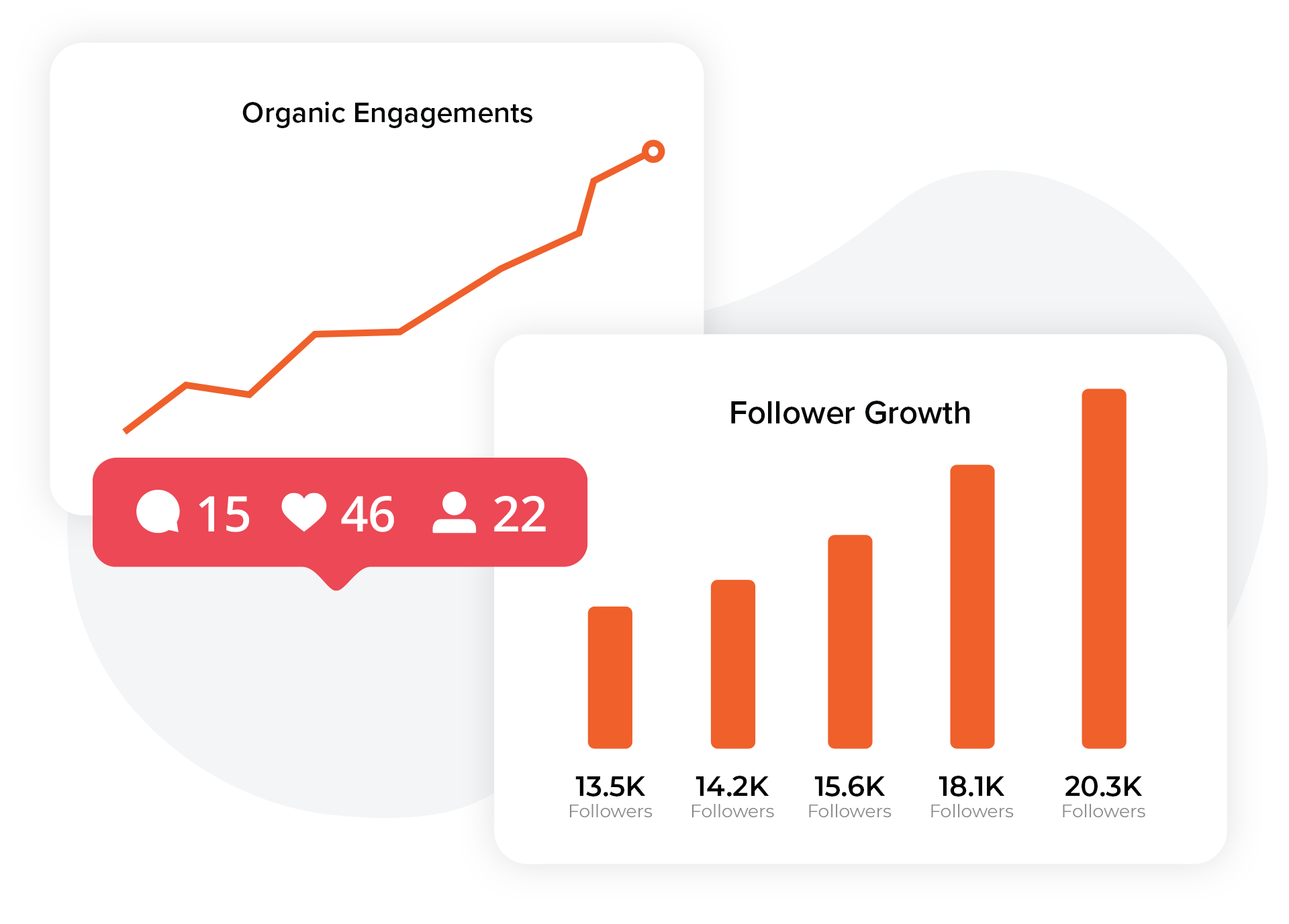The TikTok impact on music industry has been profound, changing the way we discover, share, and engage with music.
With its user-friendly, short-form video format and music-based content, TikTok has transformed from a simple social media app into a major influencer in TikTok music trends worldwide.
Whether you’re an established artist, an up-and-coming musician, or a fan discovering new songs, TikTok has created a ripple effect that has impacted nearly every aspect of the TikTok music industry.
Table of Contents
TikTok Impact on Music Industry: How TikTok Makes Overnight Stars
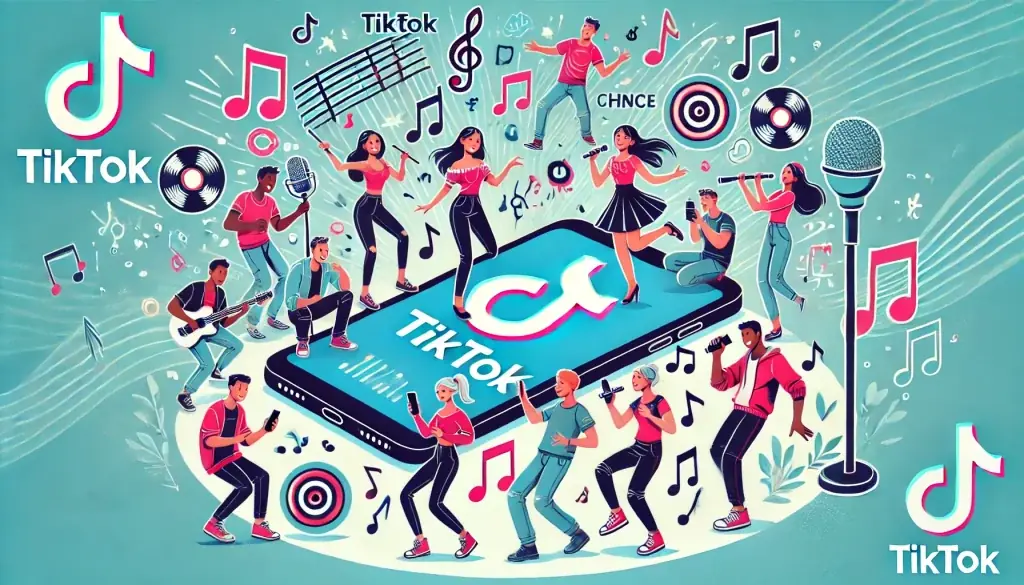
TikTok has democratized TikTok music promotion by giving everyone a chance to go viral. Musicians don’t need a major label or extensive marketing budgets to reach millions of people anymore.
All it takes is one catchy hook, a creative video, and the right audience to create an overnight sensation.
TikTok’s algorithm is designed to show new content to users based on their preferences, which means that even songs from independent or unknown artists can suddenly go viral.
Example: Lil Nas X used TikTok to promote his song “Old Town Road” in 2019.
By creating a catchy video and participating in trends, he went from a relatively unknown artist to a global superstar almost overnight.
Today, “Old Town Road” is one of the most iconic examples of a song breaking into the mainstream through TikTok’s platform.
- Key takeaway: TikTok’s accessibility means anyone can gain fame, whether you’re a garage band or a solo artist with a smartphone.
Gain More TikTok Likes Today!
Get real likes on your TikTok videos quickly and easily. Stand out and let more people enjoy your content.
Get More TikTok Views Today!
Make your videos seen by more people with real views. Don’t let your creativity go unnoticed.
Gain More TikTok Followers!
Get real followers fast and make your profile shine. Join others who trust us to grow their TikTok accounts.
Algorithm Power: How TikTok’s Technology Drives Music Virality
TikTok’s algorithm is a key component in its influence on the music industry.
It doesn’t just recommend videos based on simple likes or follows; instead, it takes into account more complex engagement factors, like watch time, rewatches, and shares.
This is why certain songs become “stuck” in the algorithm, leading them to trend for extended periods and allowing them to spread quickly across the platform.
The algorithm also encourages “stickiness,” a phenomenon where the same song clip is heard repeatedly across videos, making it more memorable.
This effect benefits artists by keeping their music at the top of users’ minds.
Some tracks become so linked with specific trends or viral dances that the music and the challenge are almost inseparable.
Upgrade Your TikTok Game with TokUpgrade!
We offer cheap views and followers with real TikTok users who’ll love your videos.
Why TikTok is a Music Marketing Game Changer
Before TikTok, traditional methods like radio play, streaming playlists, and music videos on platforms like YouTube dominated music marketing.
These still play a role today, but TikTok has introduced a new type of engagement that feels organic and real.
It’s no longer only about polished music videos and public relations; instead, it’s about creativity, relatability, and community-driven content.
Interactive Marketing
Unlike other platforms, TikTok relies heavily on user participation, making music promotion a community effort.
Fans don’t just listen to music passively; they create videos, dances, or skits to go with it. This level of interaction makes the audience feel invested, which is highly valuable for marketing.
Micro-Influencers and Grassroots Promotion
Many artists now work with micro-influencers who have niche followings.
These influencers promote a song to a specific Universal music group, creating smaller but passionate fanbases that spread the song further.
This grassroots approach is effective and often feels more genuine than traditional marketing efforts.
The TikTok to Spotify Pipeline: Boosting Streams and Downloads
When a song gains popularity on TikTok, it often leads users to search for the full version on streaming services like Spotify or Apple Music.
TikTok has created what some call the “TikTok to Spotify pipeline,” where users discover a song on TikTok and then continue streaming it elsewhere.
This boosts artists’ streaming numbers, which can lead to higher chart positions and increased revenue.
According to MRC Data, 67% of TikTok users reported that they are more likely to search for a song on streaming platforms after hearing it on TikTok.
This translates directly into income for artists and songwriters, making TikTok an essential tool for musicians trying to monetize their work.
Comparison of Traditional vs. TikTok-Based Music Promotion
| Feature | Traditional Promotion | TikTok-Based Promotion |
| Cost | High (production, ads) | Low (user-generated content) |
| Audience Reach | Targeted, slower growth | Broad, viral potential |
| Time to Popularity | Weeks or months | Days or even hours |
| Fan Interaction | Limited | Highly interactive (challenges, videos, skits) |
| Major Players | Labels, radio, streaming | Individual users, influencers, TikTok itself |
| Independent Artist Independence | Limited for unsigned artists and labels | High, even for independent or unsigned musicians |
What Types of Songs Perform Best on TikTok?
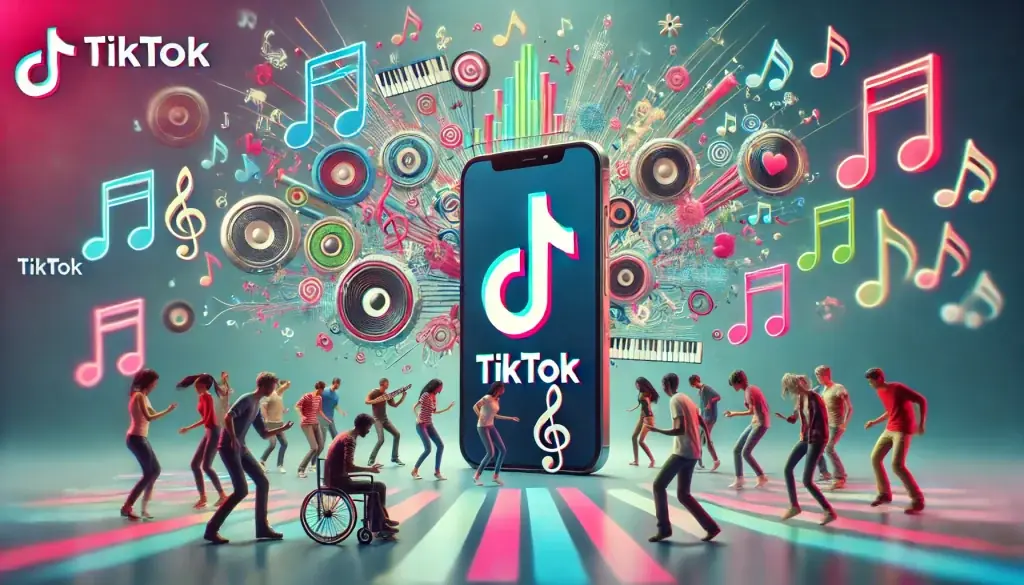
Not every song will be a hit on TikTok. Certain characteristics make songs more likely to go viral on the platform:
- Catchy Hooks – The best-performing TikTok songs usually have a catchy hook or beat that grabs attention immediately. A memorable line or rhythm can help a song stand out in a user’s feed.
- Simple Lyrics – Lyrics that are easy to sing along to tend to perform well on TikTok. This is partly because users often lip-sync, so songs with clear and relatable words become popular faster.
- Danceable Beats – Many TikTok trends involve dance challenges, so songs with a strong beat are well-suited for the platform. If people can dance to it, they’ll share it.
- Viral Potential – Some songs fit naturally with trends, comedy skits, or emotional moments. Songs that have an adaptable vibe are more likely to be reused in different video types.
TikTok’s Influence on Music Genres and Diversity
TikTok’s open platform has allowed for the rise of diverse and popular music genres that might not have gained mainstream attention otherwise.
Genres like lo-fi, hyperpop, and indie have found dedicated audiences through TikTok, and artists and labels are experimenting with new sounds that appeal to the app’s diverse user base.
Opening Doors for Underserved Genres
Unlike mainstream music channels that often focus on pop or rap, TikTok offers visibility for niche genres.
From electronic music to jazz and folk, the platform has fostered a space where users from various backgrounds can explore different and good music styles.
This inclusivity has broadened the scope of the music industry and encouraged artists and labels to experiment without the usual commercial pressures.
How TikTok is Reshaping Record Label Strategies
Record deal labels have adapted to the TikTok impact on music industry by integrating the platform into their promotional strategies.
Labels now focus on TikTok as part of their marketing plans, encouraging their artists to release TikTok-friendly songs or collaborate with influencers. For example:
- Song Previews on TikTok – Labels might release a short, catchy part of a song on TikTok before the full release. This helps build hype and ensures fans are ready to stream the full version when it drops.
- Influencer Partnerships – Record labels pay TikTok influencers to use new songs in their videos, leveraging their reach to drive engagement. This strategy is effective because fans trust influencers and are more likely to listen to songs they endorse.
- Trend Creation – Labels create challenges around new songs, encouraging users to participate and spread the song. By making it fun and engaging, they create organic buzz.
Challenges Artists Face on TikTok
While TikTok offers plenty of opportunities, it also brings some challenges for artists.
The platform’s short-form content format means only a small part of a song might become famous, which can overshadow the artist’s complete work.
The Pressure to Go Viral
With the focus on virality, artists might feel pressured to create “TikTok-ready” songs rather than music that represents their style.
This can be limiting, as they may focus on catchy hooks over substance.
Loss of Creative Control
Some artists worry that the emphasis on making short, catchy snippets reduces their music to just one memorable line.
It may result in fans only recognizing a song’s most popular 15 seconds, rather than appreciating the whole piece.
Revenue Challenges
Although TikTok helps drive streaming numbers, its format doesn’t pay artists directly for song plays.
This reliance on indirect revenue can make it difficult for artists to sustain themselves financially, especially those without label support.
Tips for Aspiring Musicians on TikTok
If you’re an aspiring musician, here are some tips for using TikTok to promote your work:
- Experiment with Trends – Participate in popular trends, but put your own spin on them to stand out. Don’t be afraid to try something new.
- Engage with Followers – Respond to comments and engage with your audience. This builds a loyal fan base and increases the chance of your content going viral.
- Use Catchy Previews – When you release new music, consider creating short previews with the catchiest part of your song.
- Collaborate with Creators – Working with influencers can help you reach new audiences who might not find your music otherwise.
- Consistency is Key – The more you post, the more likely you are to be noticed. Regular content helps build an audience over time.
Future Outlook: Will TikTok’s Influence Continue?
As TikTok continues to evolve, its impact on the music industry is likely to grow even more.
The platform is constantly rolling out new features, and artists are finding innovative ways to make use of them.
As TikTok improves music integration, we may see options for in-app music purchases or enhanced links to streaming services, creating even more opportunities for artists and an increase in views.
The Potential for Direct Sales
In the future, TikTok may offer ways for artists to sell music directly through the app. This could increase artists’ revenue and give them more control over their earnings.
Greater Data Insights
TikTok’s data collection could provide insights into what audiences enjoy.
Labels and artists may gain more tailored information on what types of music perform best and adjust their marketing accordingly.
Conclusion
The TikTok impact on music industry has been revolutionary.
From changing how music is discovered to creating new stars and redefining music promotion, TikTok’s influence is undeniable.
The platform has made it possible for unknown artists to reach millions of listeners, changed record label strategies, and brought niche genres into the spotlight.
However, this influence comes with its own set of challenges, including creative pressures and revenue issues.
Frequently Asked Questions
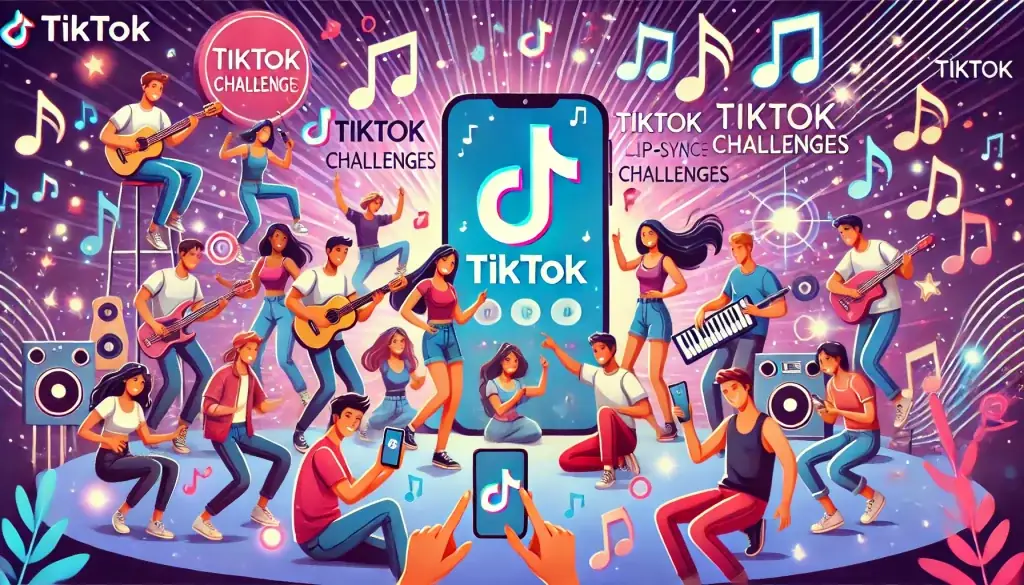
How did TikTok affect the music industry?
TikTok has completely changed the way music is discovered, promoted, and even produced.
Traditionally, songs gained popularity through radio plays, music videos, or curated playlists on streaming services.
Now, TikTok has made it possible for almost anyone to create a viral music trend, where even a 15-second clip can lead to huge exposure for a song.
Unknown artists can suddenly gain millions of listeners without needing a major label, and established artists are learning to adapt their music to fit the platform’s short, catchy format.
In short, TikTok has opened up the music industry to independent musicians, reshaped how labels market songs, and made music promotion more community-driven.
The platform has leveled the playing field, where creativity and relatability can make anyone a star, and it has become one of the biggest influences on what music becomes popular worldwide.
How does TikTok help promote music?
TikTok promotes music by making it incredibly easy for TikTok users to discover and share songs through short videos.
The app’s algorithm shows users content that matches their interests, so if someone likes a particular type of music, they’re more likely to see videos that feature similar sounds.
When users see a catchy or memorable clip of a song paired with a cool dance or trend, they often go to streaming platforms to listen to the full track.
Challenges, trends, and viral dances are a huge part of this.
For example, if someone starts a dance challenge to a particular song, that trend can spread rapidly, encouraging millions to hear the song over and over.
Music artists and record labels now regularly partner with TikTok influencers to help songs go viral, knowing that just a few seconds of exposure on TikTok can lead to massive streams, chart success, and new fans.
Is TikTok good or bad for music?
TikTok has both positive and negative effects on music.
On the positive side, it gives a voice to independent music artists, offers free promotion, and allows musicians to reach a wide audience without needing a major label or big budget.
TikTok also fosters a community where fans feel like they’re part of a song’s success, making music promotion more interactive and personal.
However, TikTok can also put pressure on music artists to make “TikTok-friendly” songs. Many feel they have to focus on catchy, short snippets instead of full, meaningful songs.
The platform’s focus on quick fame also means that a song’s popularity might be fleeting.
While it’s great for artists who go viral, it can be tough for those who want to build a long-term career.
In the end, TikTok is a powerful tool for new music but can also limit artists’ creative freedom if they feel pressured to go viral.
How TikTok affects music streaming?
TikTok has had a massive impact on music streaming.
When a song goes viral on TikTok, users often want to hear the whole version, so they head to streaming platforms like Spotify or Sony Music to listen.
This creates what people call the “TikTok to Spotify pipeline,” where a song’s TikTok popularity leads directly to an increase in streams.
This has helped unknown artists and even older songs gain a second wave of popularity.
Streaming platforms are benefiting from TikTok’s influence as well.
Since TikTok trends are often fast-paced, they can lead to popular songs climbing the charts much more quickly than through traditional promotion.
A single viral TikTok video can generate millions of streams, boost a song’s chart position, and bring in revenue for artists.
So, while TikTok doesn’t directly pay artists for song plays, it indirectly drives traffic to streaming platforms, ultimately increasing streams and revenue for musicians.

